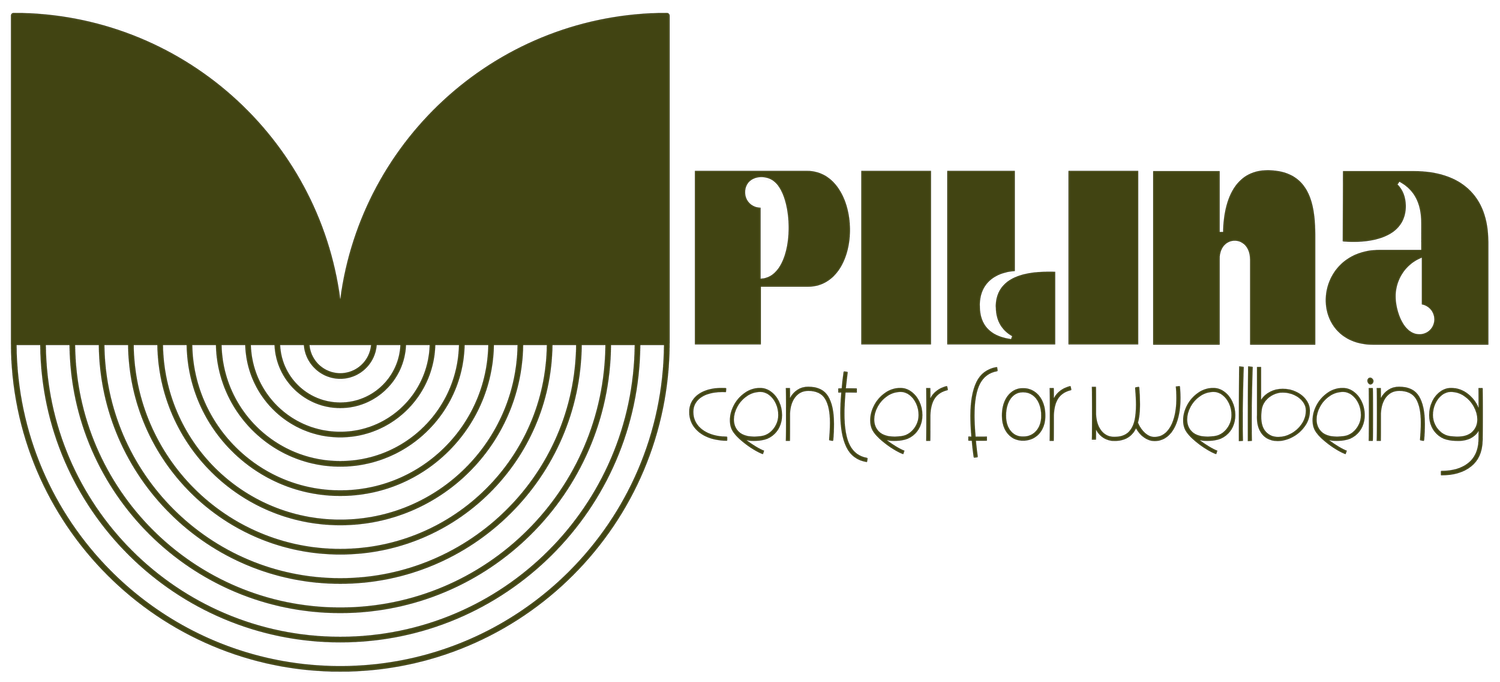
“You are your first ‘āina”
Kou Pilina Iho - Connecting with Self
Processes of Kou Pilina Iho
1. “Cultural identity”
a. “Knowing who you are and where you come from” leads to
i. connection to community
ii. self-efficacy
iii. sense of purpose, respect, kuleana
iv. ability to visit spiritually significant places and connecting to ancestors through place
b. Moʻokūʻauhau, understanding genealogy leads to recognition of one’s worth
2. “Decolonize how we think about who we are”
a. Awareness of the impacts of systemic oppression, a necessary component of mauli ola
b. Empowered view of history, historical trauma, and awareness of present-day systemic oppression leads to:
i. knowing one’s roots, sense of place, spiritual connection, strengths-based/resilience views, leading to a sense of purpose, identifying values, and increased self-esteem
ii. connecting with place, culture, and other people, which gives the individual a sense of purpose
iii. engagement with activism, connection to community and increased ʻŌiwi
c. Engagement with activism leads to:
i. protecting one’s livelihood, economic stability, pono, healthy and thriving
ii. sense of purpose, greater cultural identity, and counteracting hopelessness
iii. addressing the impacts of colonialism and militarization
3. Making healthy lifestyle choices – “we need a better lifestyle”
a. Staying active and eating healthy leads to pono body, which supports wellness across dimensions
b. Meditation, progressive muscle relaxation, stretching reduces stress and supports mauli ola
c. “Kilo”/present moment awareness leads to
i. being able to be respectful of ʻāina and other people, and this leads to knowing one’s purpose or kuleana
ii. interconnection with lāhui, ʻohana, kumu, students
iii. peace
d. Physical or culture-based healing activities (e.g., hiʻuwai, lomi lomi, lāʻau lapaʻau) allows for opportunities to
i. mālama others and connect
ii. “find peace and calm and meaning in life”
iii. help one feel rejuvenated
iv. “clean your slate”
e. Staying sober leads to healthier mind and interactions
4. “Changing your perspective” through therapy
a. Managing thoughts and emotions in a healthy way leads to mauliola
b. Realistic expectations around happiness leads to pono in the body (homeostasis, equilibrium, balance)
c. Validating and accepting emotions allows for processing and exploring internal experiences
d. Approaching challenges allows for forgiveness, learning new perspectives, and emotional wellbeing
e. “Talking it out” with a therapist leads to feeling cared for, and listened to, safe and not judged, leading to emotional release
5. Deep intentionality leads to a commitment to the process of healing
6. Knowledge of self – “Understand who they are”
a. Self-identifying outside of typical expectations (e.g., not doing everything for ʻohana) leads to greater wellbeing, safety, security, love, compassion, and care
b. “Understand who they are and what their needs are” so that one:
i. can make healthy decisions
ii. does not internalize negative harmful stereotypes, which leads to wise decisions
c. Reducing barriers to values-based living leads to feeling calm
d. Understanding one’s hihia (entanglements) and hangups helps improve emotional state and understand how to connect to ʻŌiwi
e. Overcoming doubts about not being “Hawaiian enough”
7. Increasing one’s mana
a. leads to engagement with activism (especially to protect ʻāina and ancestors) which then supports self-efficacy, a part of wellbeing
b. builds resilience to impacts of colonialism
c. can be done through pilina at multiple levels
8. Pursuing education leads to increasing one’s ability to care for one’s family and self, avoiding behavioral health issues

